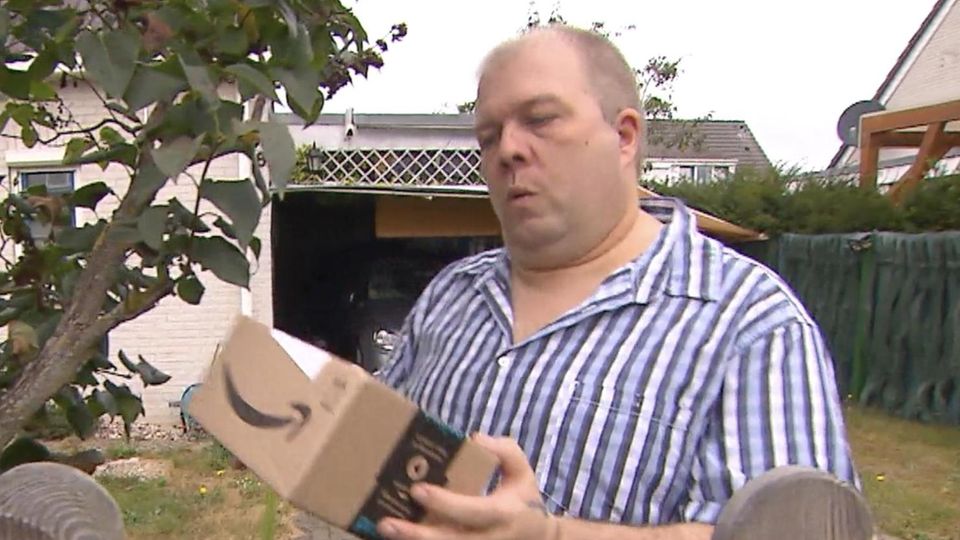BBC research
Blackmail with a nude photo: Loan app makes a customer’s life hell
Loans can now be applied for using various smartphone apps. Not everyone is serious (symbolic image)
© Panthermedia / Imago Images
Many people – especially in India – use small loans to bridge financial bottlenecks. However, some of these offers are highly dubious – with disturbing and sometimes fatal consequences.
If there is no money left at the end of the month, many people try to borrow money at short notice – from relatives, friends or in the form of loans. The latter can now be done digitally via an app: you enter your data, usually complete a verification process and you receive the financial support you want – at least in theory. After months of research, BBC editors have now discovered that this project can be dangerous for borrowers: customers, especially in India, are fleeced, humiliated and sometimes even driven to suicide after applying for a loan.
Loan repayment only used for fees
The highlight of the loan shark-like method is that only a certain part of the agreed loan amount is paid out, the rest remains with the lender from the start as a fee. The lender would not use the first repayment installments to repay the loan, but would largely use it to pay the loan fees. Consequence: After a short time, the borrowers find themselves without money again, but have accumulated additional debts in the meantime. Many would then have to take out another loan. A vicious circle begins.
The app operators’ scam followed: blackmailing customers with all the contact details, photos and identification documents that were presented for the initial registration. As soon as there is a delay in repayment, “they pass this information on to a call center where young agents […] “Be trained to get people to pay back through harassment and humiliation.”

Company sent all contacts a nude photo
Using the example of a mother from India – although this fraudulent scam also occurs in other regions of the world – the BBC shows how quickly an emergency escalates. The woman borrowed 47,000 rupees (around 530 euros) through several apps and was supposed to have paid it back after seven days, but she was unable to do so. Through follow-up loans, her debts piled up to two million rupees (around 22,600 euros). Warning calls, threats and harassment from the debt collectors followed promptly. She was threatened to “send a message to all 486 contacts on her phone and tell them that she was a thief and a whore. When they threatened to damage her daughter’s reputation as well,” she supposedly reached rock bottom.
When money doesn’t matter
Collecting luxury or traveling into space: This is what the super rich do in their free time
The woman finally managed to repay the loan amount. One day, however, a colleague showed her something on his cell phone: a naked picture, supposedly of herself. The photo was roughly edited with Photoshop and her head was “stuck on someone else’s body.” Despite the amateurish composition of the image, it filled her with “disgust and shame.” The loan company sent the picture to every single contact in their phone book. In desperation, the woman thought about killing herself.
Research has uncovered a total of 60 cases of suicide in connection with such blackmail attempts in India alone. The specific app that the BBC uses to demonstrate the procedure is no longer available in the Google App Store. However, similar loan apps are still available for download.
Sources:BBC, “Interview Times”
Do you have suicidal thoughts? It offers help Telephone counseling. It is anonymous, free and available around the clock on 0 800 / 111 0 111 and 0 800 / 111 0 222. Also advice via email is possible. One List of nationwide help centers can be found on the website of the German Society for Suicide Prevention.
This is also for children and young people Number against grief Monday to Saturday from 2 p.m. to 8 p.m. – the number is 116 111.


